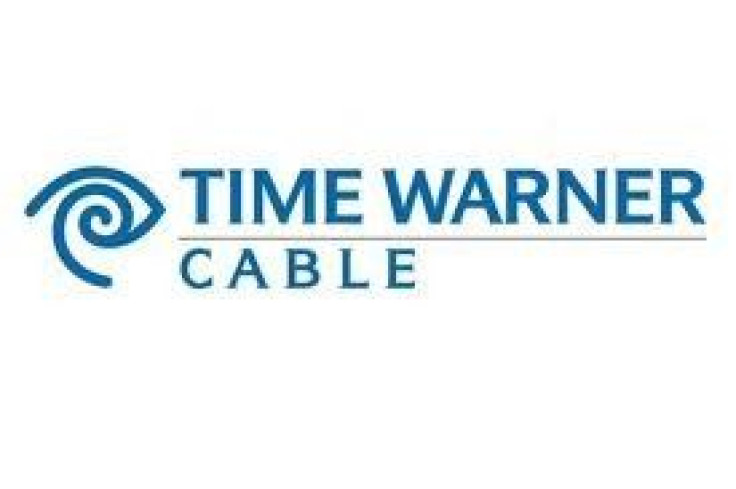Time Warner Cable To Air Big 4 Shows Despite Sinclair Blackout

Time Warner Cable said it will keep airing the big four networks even if it can't reach an agreement with Sinclair Broadcast Group over carriage of its signals.
The contract between Time Warner Cable and Sinclair affects 33 Sinclair stations in 21 markets.
If Sinclair refuses Time Warner Cable's offers and requires it to cease carrying its signals, Time Warner Cable said it would continue to provide available network programming to its 4 million customers from Portland, Maine, to Pensacola, Florida. Sinclair carries local affiliates of CBS, NBC, ABC, CW, Fox and MyTV.
Time Warner Cable's agreement with Sinclair Broadcasting expires at 11:59 p.m. Dec. 31 and Sinclair is threatening to take its stations off the air if Time Warner Cable does not agree to its demands for large fees.
Not every program would necessarily go dark. Fox worked out a separate deal with Time Warner to carry national programming. Under those circumstances, Time Warner customers would still see programs such as The Simpsons, but local programming would not.
We will provide all available Big 4 network programming in the event that Sinclair takes away its signals, said Rob Marcus, President and Chief Operating Officer of Time Warner Cable, in a statement. We are also still working to reach a long-term agreement with Sinclair before our current contract ends tomorrow night, and in fact discussions between the Time Warner Cable programming team and Sinclair have taken place as recently as this morning and are ongoing.
Sinclair has not missed a chance to obfuscate or misrepresent the current state of negotiations. We have never terminated negotiations, and we don't plan to do so, even if Sinclair pulls the plug tomorrow night. We hope this sets the record straight, he said.
During negotiations, Time Warner Cable said it has offered to go to arbitration for the feeds from ABC, NBC, CBS and Fox affiliates, and pay for the stations on an a la carte basis.
Sinclair, meanwhile, says the problem is that Time Warner is unwilling to raise the price per subscriber by 10 cents on average.
Neither company has said what the current per-subscriber fees are. Sinclair's General Counsel Barry Faber said that typically, stations get from 90 cents to $4.
The Time Warner Cable-Sinclair issue is the latest in a series of disputes between cable companies and broadcasters, primarily over broadcasters charging higher fees for their content.
A similar conflict between Fox and Cablevision earlier this year blacked out two games of the World Series in the New York metropolitan area. At the time, Cablevision issued a statement saying that it agreed to an unfair price for multiple channels of programming.
Meanwhile, the Fox deal puts Sinclair in a tougher position because for at least some programming, Time Warner has an alternative to paying Sinclair.
The disputes between broadcast companies and cable providers are also complicated by the fact that more viewers -- though still a small number - - are getting video content from the Internet. With reduced ad sales due to the recession, the fees from cable companies become more important sources of revenue.
Broadcast companies generally used to allow cable providers to carry their channels for free. However, with the intensifying rivalry for advertising dollars, broadcasters now beginning to see these fees from cable providers as their second source of revenue.
Recently, DirecTV Corp. said it reached a deal with broadcaster Hearst Corp, averting a blackout, and Sinclair said it reached an agreement with Mediacom, a small cable provider based in Middletown, N.Y.
Shares of New York-based Time Warner Cable closed Thursday's regular trading session at $66.11. Shares of Sinclair closed at $8.13.
© Copyright IBTimes 2024. All rights reserved.











